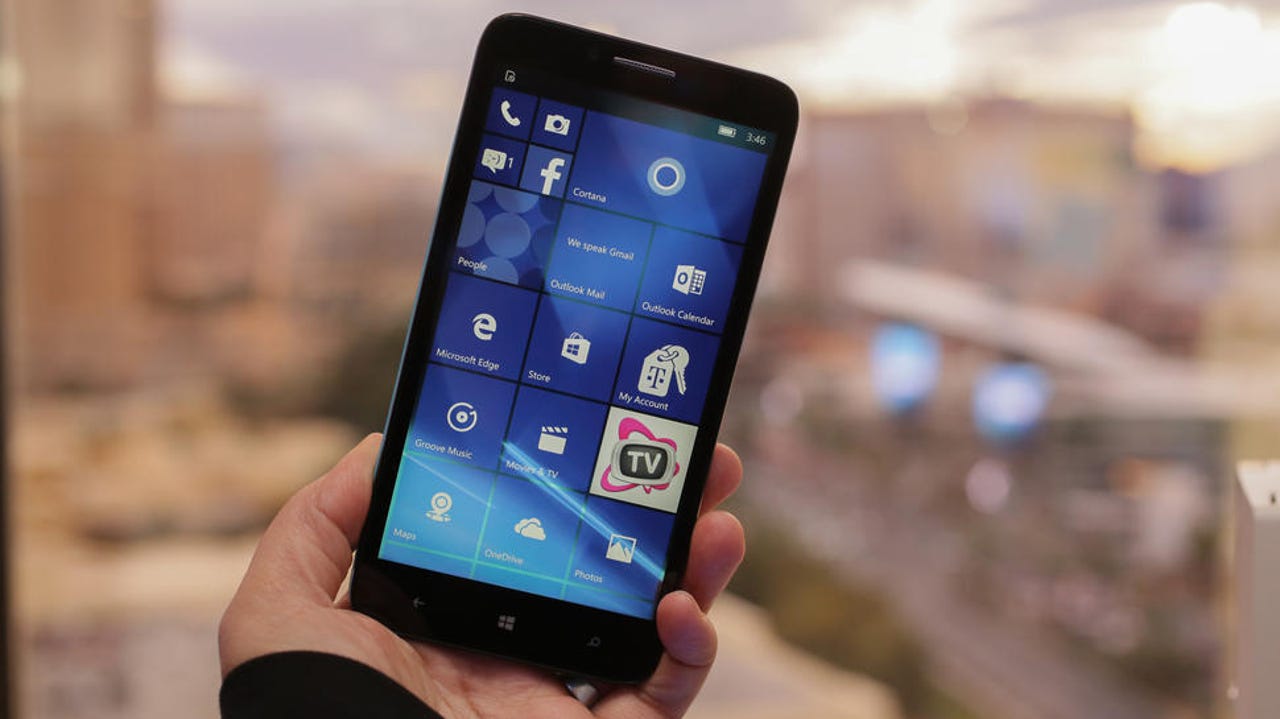Why Windows Phone isn't dead to me

They're all piling on after the bad Windows Phone news, pointing their thumbs down and predicting that Emperor Satya will do the same. I think Microsoft is more patient than that, but clearly times are tough for Windows 10 Mobile (née Windows Phone).
There are many reasons I could cite for why Windows Phone still might have a future, but I'll focus on two. The first is the more important one: The build-out of the mobile web will diminish the significance of native apps. I recently wrote a large feature on this in Ars Technica, but here are the highlights:
- HTML/JS/DOM standards for web browsers are advancing rapidly to the point nearly everything you'd want to do in a native app you'll be able to do on a mobile web site. This is not the way things are right now; many of the standards are not implemented yet, but I believe they will be.
- Google is strongly behind this standards push.
- A mobile web site is advantageous for developers and users.
- Using techniques already in Chrome on Android, the user can have a native app experience with the mobile web.
- Already there are plenty of web sites that perform as well as native apps on mobile devices.
- The main impediment to this development is Apple and their huge financial stake in their market for native apps, in-app purchases and advertising.
With Edge, Microsoft is making a browser that is in a better position to support these sites. They're not as far along as Google is with Chrome, but their Edge strategy seems to be to ape Chrome, so I'm encouraged. Microsoft doesn't want to talk about this; they want to talk about Universal Windows Apps, which are a good and interesting thing, but not as significant as the mobile web could be. Already with Internet Explorer on Windows Phone 8.1 I use a lot of web sites that work fine, including Google Maps.
Safari and the Webkit engine have fallen far behind on these standards, likely a symptom of Apple's interest in keeping the browser weak. No doubt many of you are thinking of how the mobile web was the original public vision for iPhone app development back in 2007. It wasn't taken seriously then and Steve Jobs likely wasn't serious about it either; the native app development kit just wasn't available for several months.
In my list above I asserted that mobile web sites are "advantageous for developers and users." Here are some of those advantages:
- With well-designed style sheets, developers could maintain a common code base for all platforms with a browser, from desktops down to phones and even watches
- Updates to the app happen instantly as the developer applies them to the server; the user has to do nothing
- The app takes up almost no persistent storage on the device; the browser and OS can manage the use of storage for cache, local data and other needs for performance and offline usage
This last point relates to one of my favorite Windows Phone features, a feature which makes me laugh at Android and iOS: SD card support. Yes, many Android phones support SD cards, but for historical reasons, basically the horrible mess that is the Android namespace, the support is weak. Many apps can't be run off the SD card. Many apps, including important ones like music and video apps, can't store their data on the SD card. I bought the 16GB version of the Samsung Galaxy S4 when it came out and the main reason I quit it was because I kept running out of space in spite of having a 64GB SD card in it.
On Windows Phone, here's all you have to do:
So I'm sticking it out with Windows Phone. I should mention that I really do like the UI and think it's superior to iOS and the iOS clone known as Android. I will be careful about committing a lot of money to a new phone, but will stick with Windows 10 Mobile for now.
